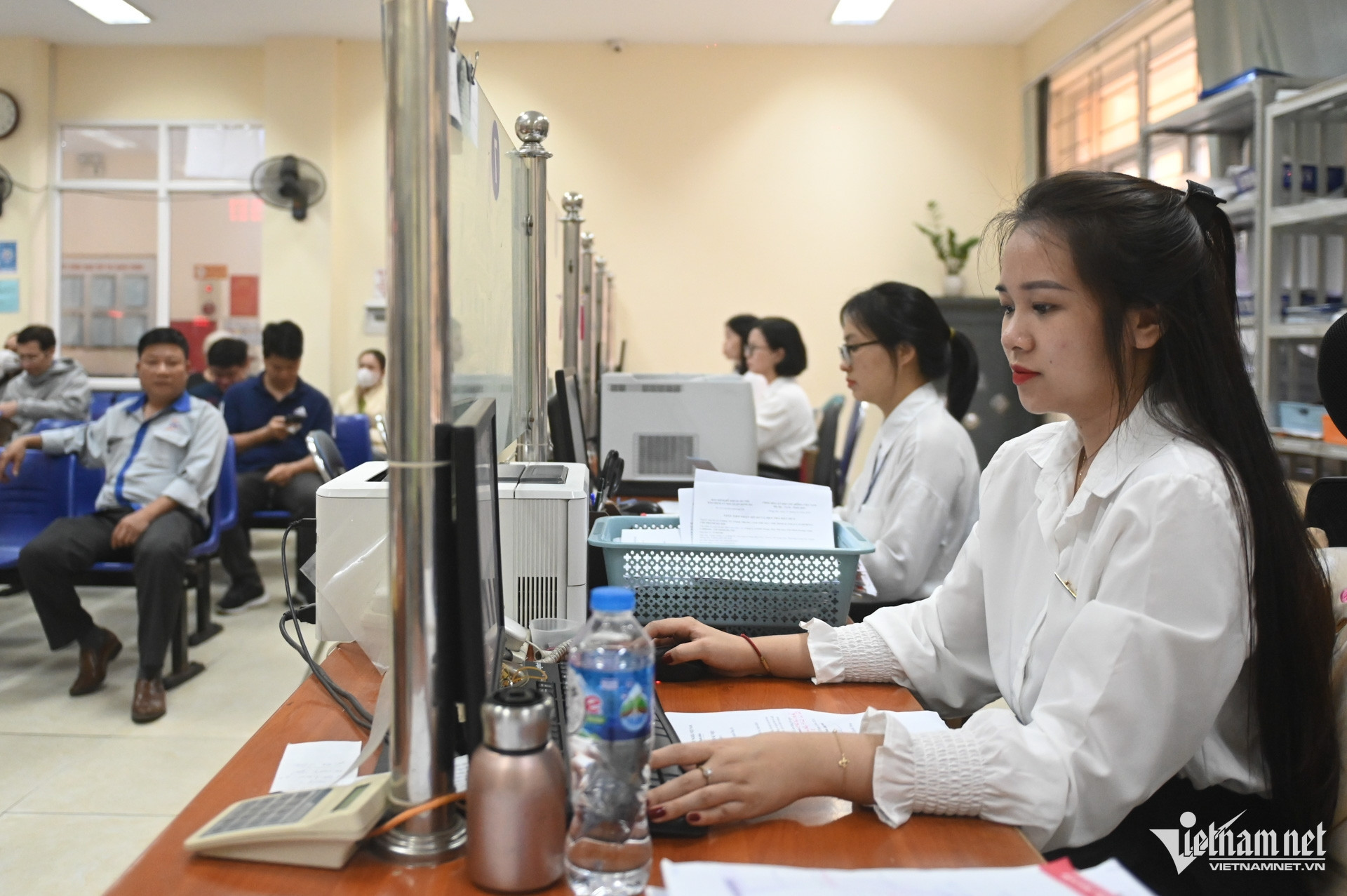
When administrative units are reorganized, provincial party committee members may be appointed as commune party secretaries, while the provincial chairmen will designate the chairmen, vice chairmen and members of the commune and ward People’s Committees until the next committee election.
The Politburo’s recently issued Conclusion 150 guides personnel planning for provincial party committees as part of the consolidation, merger and establishment of new communes.
It clearly stipulates that for party committees of communes, wards and special zones (post-merger or newly formed), provincial party committee members may be considered for appointment as commune party secretaries.
In special cases, if the Party Committee has an important position, developed economic scale and urban transport infrastructure, as well as a large number of Party members and population, members of the provincial or city standing party committee may be appointed as commune party secretaries.
Prior to that, in a National Assembly Standing Committee’s draft resolution on administrative unit reorganization, the Ministry of Home Affairs (MHA) proposed that provincial People’s Committee chairmen designate chairmen, vice chairmen, and members of commune and ward People’s Committees post-reorganization until new committees are elected.
Additionally, when deploying the two-tier local government model (provincial and commune levels, with no district level), district-level officials and possibly provincial ones will be reassigned to communes.
In Conclusion 150, the Politburo emphasized that before district-level administrative units cease and new commune-level units are established, provincial and city standing party committees must thoroughly review district and commune personnel.
This involves developing plans to assign, transfer or appoint party committee members, standing committee members, secretaries, and deputy secretaries. Simultaneously, leaders of district departments, equivalent bodies, and commune leaders should be reviewed and nominated for leadership roles in new communes upon establishment.
Regarding the number of commune-level staff, under the plan to arrange and reorganize administrative units at all levels and build a 2-level local government organization model, recently approved by the Prime Minister, the Government will give personnel quotas to localities (it is expected that there will be 32 officers per commune-level unit), depending on population size, natural area, and socio-economic development level of that commune-level administrative unit.
For now, the Ministry of Home Affairs (MHA) proposes maintaining current district and commune staff quotas pre-reorganization. Within five years after re-organization, underqualified or ineligible commune officials will be streamlined.
Regarding policies, salaries and position allowances for officials and civil servants in new commune units will remain unchanged for six months.
MHA reported that Vietnam has 212,600 commune officials and civil servants, with 92.4 percent holding bachelor’s degrees or higher and 7.6 percent with associate degrees or lower. The ministry notes that underqualified commune staff just accounts for a small proportion, though specific criteria remain unspecified.
Nguyen Thao